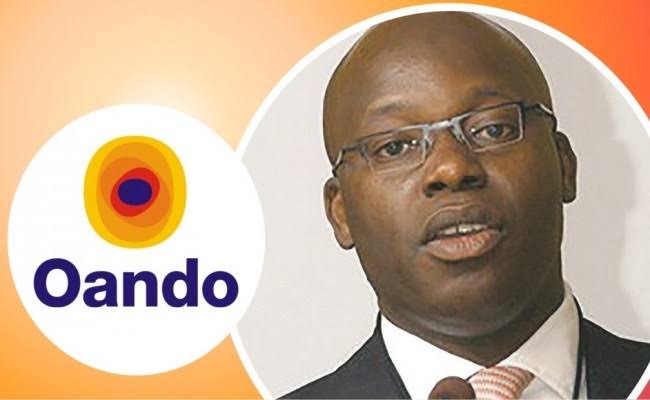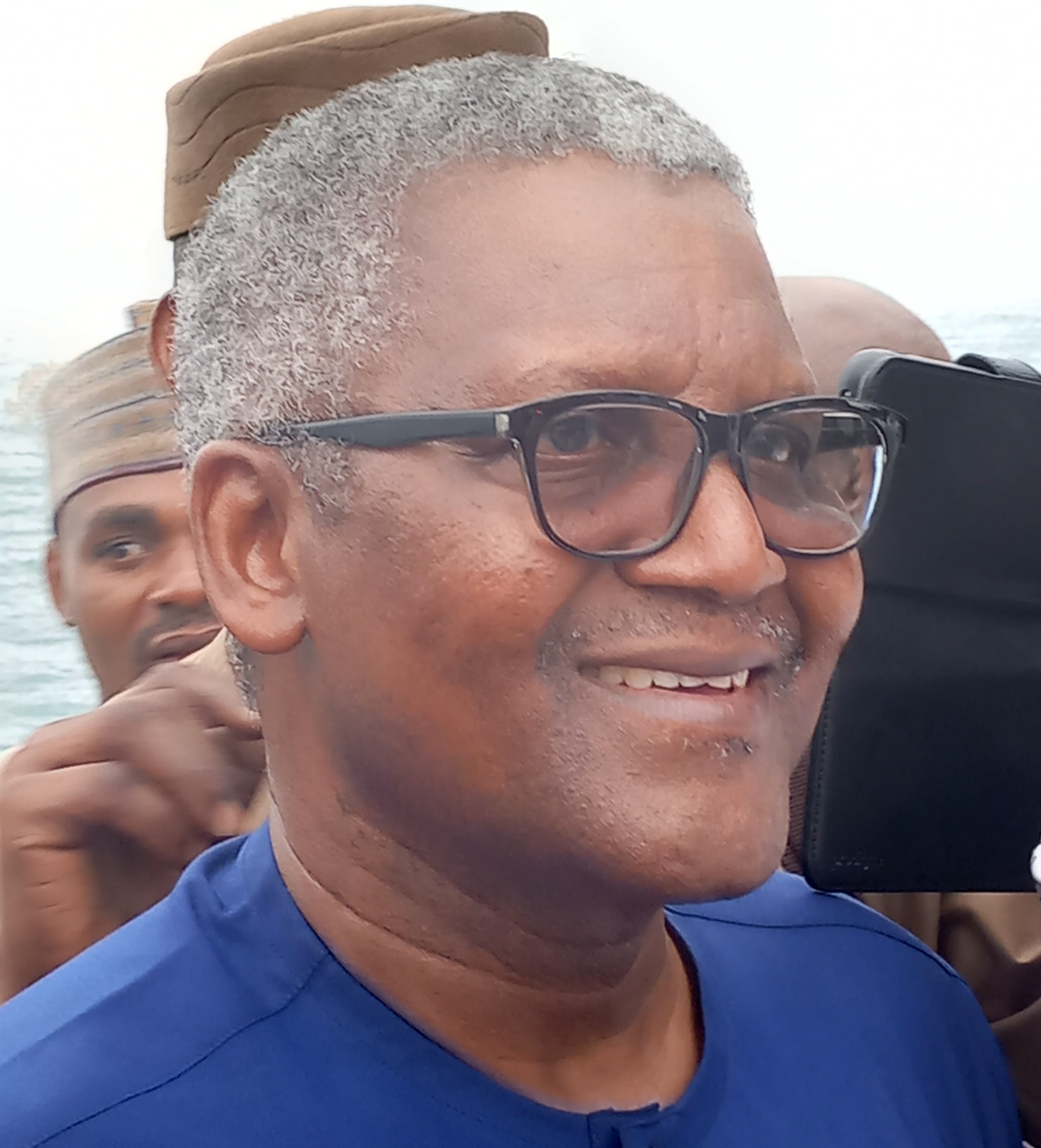At a meeting in Abuja, Ekpo told the producers that Nigeria has to find a way to surmount the challenges in the country’s domestic market, expressing President Bola Tinubu’s concerns over how unaffordable the product was becoming. The intervention is coming as the National Bureau of Statistics (NBS) in its latest report said in October, LPG prices rose by as much as 14 per cent for a 12.5 kg cylinder.
But a statement by the minister’s media aide Louis Ibah, on Sunday, said the intervention on the LPG issue, better known as cooking gas, followed the rise in recent months in the price of the product per kg from about N700 to above N900 in some parts of the country.Key challenges identified as responsible for LPG price increase, Ekpo said, include FX sourcing for imports and insufficient supply to the domestic market by producers.
The meeting, at the instance of the minister, was held at the NNPC Towers and had in attendance top officials of Chevron Nigeria Limited led by Sansay Narasimi.Others included: The Nigerian Midstream Downstream Petroleum Regulatory Authority (NMDPRA) led by its Chief Executive Officer, Farouk Ahmed and officials from the Nigerian National Petroleum Company Limited (NNPC).“Ekpo expressed the concerns of President Bola Tinubu over the astronomical increase in the price of cooking gas and the attendant hardship on majority of citizens,” the statement added.
The minister who noted that Nigeria is abundantly endowed with gas reserves, said the situation where some of the multinational firms were more concerned with gas exports without dedicating huge volumes for the domestic market was unacceptable and should be discouraged.
“With the exponential increase in the price of LPG, there is the need for the federal government to intervene and I am representing this at this moment. We acknowledge that some producers are exporting while we are faced with the challenges of importation.
“Public interest is the overriding interest all over the world for the government, the demand for LPG will increase as we approach December…you have a public service obligation to collaborate with the government to ensure security of gas supply.“We need to therefore bend backwards and find solutions, to ensure that we have sufficient supply and stability in-country and that Nigerians have gas,” said Ekpo.
The gas minister thereafter constituted a committee headed by the chief executive of NMDPRA with a mandate to come up with recommendations on how to boost supplies and crash LPG prices within a week.
However, the NBS in its latest report said the average retail price for refilling a 5kg cylinder of cooking gas increased by 8.89 per cent on a month-on-month basis from N4,189.96 recorded in September 2023 to N4,562.51 in October 2023.However, on a year-on-year basis, this increased by 1.76 per cent from N4,483.75 in October 2022, it added.On state profile analysis, Kano recorded the highest average price for refilling a 5kg of LPG, with N5,181.43, followed by Adamawa with N5,142.86, and Ogun with N5,093.75.
On the other hand, Ebonyi recorded the lowest price with N3,971.43, followed by Osun and Edo with N4,000.00 and N4,025.00 respectively.In addition, analysis by zone showed that the North-west recorded the highest average retail price for refilling a 5kg cylinder of LPG, with N4,738.20, followed by the North-central with N4,662.62, while the South-east recorded the lowest with N4,088.65.
Also, the average retail price for refilling a 12.5kg of cooking gas, increased by 14.04 per cent on a month-on-month basis from N9,247.40 in September 2023 to N10,545.87 in October 2023.
On a year-on-year basis, this rose by 4.93 per cent from N10,050.53 in October 2022. On state profile analysis, Edo recorded the highest average retail price for the refilling of a 12.5kg cylinder of cooking gas, with N12,536.88, followed by Jigawa with N12,050.00 and Delta with N11,987.50. Conversely, the lowest average price was recorded in Zamfara with N9,050.00, followed by Lagos and Oyo with N9,071.05 and N9,407.14 respectively.
Analysis by zone showed that the South-south recorded the highest average retail price for refilling a 12.5kg cylinder of cooking gas, with N11,480.60, followed by the North-central with N10,683.97, while the South-east recorded the lowest price with N9,847.42.




























